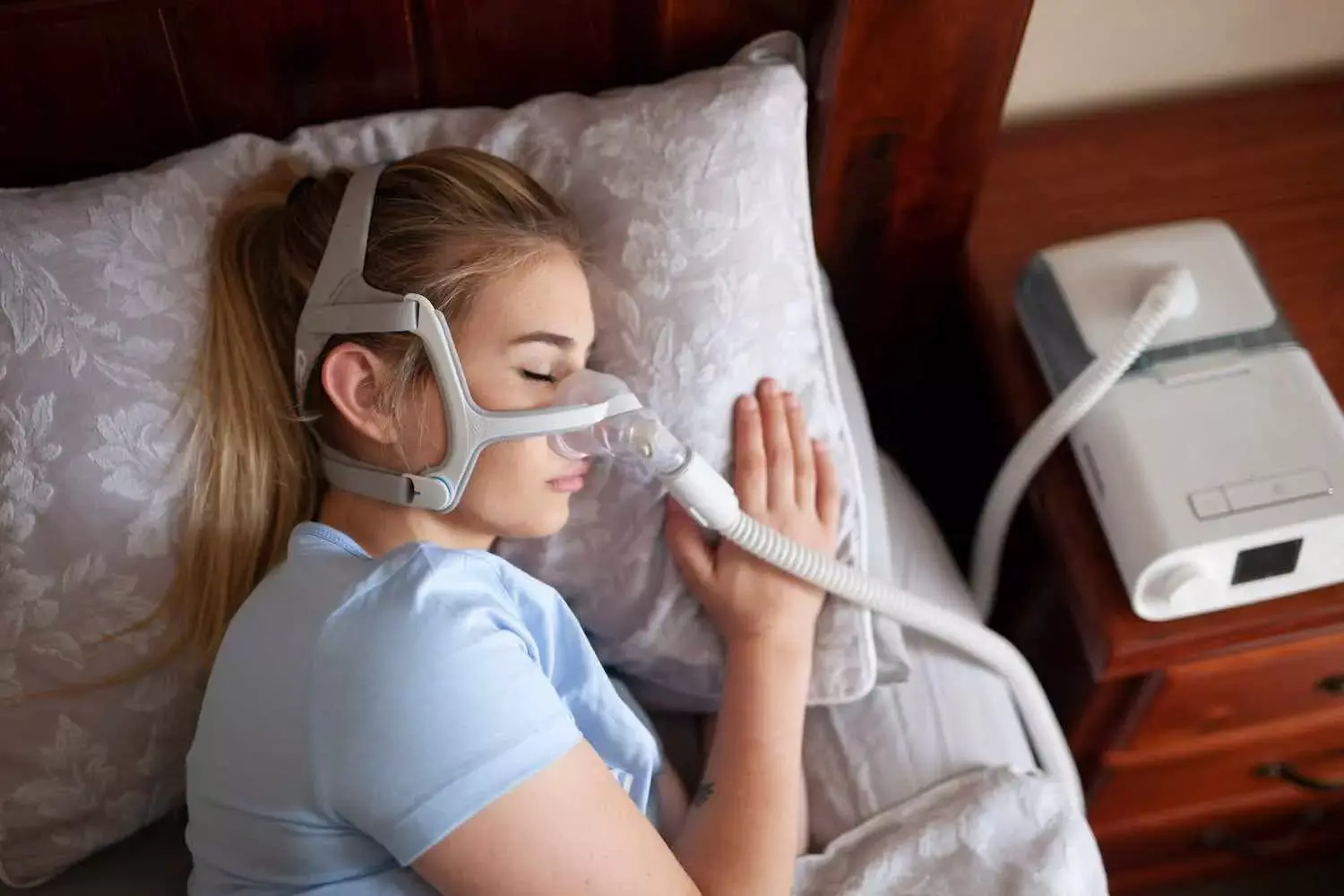- Home
- Medical news & Guidelines
- Anesthesiology
- Cardiology and CTVS
- Critical Care
- Dentistry
- Dermatology
- Diabetes and Endocrinology
- ENT
- Gastroenterology
- Medicine
- Nephrology
- Neurology
- Obstretics-Gynaecology
- Oncology
- Ophthalmology
- Orthopaedics
- Pediatrics-Neonatology
- Psychiatry
- Pulmonology
- Radiology
- Surgery
- Urology
- Laboratory Medicine
- Diet
- Nursing
- Paramedical
- Physiotherapy
- Health news
- Fact Check
- Bone Health Fact Check
- Brain Health Fact Check
- Cancer Related Fact Check
- Child Care Fact Check
- Dental and oral health fact check
- Diabetes and metabolic health fact check
- Diet and Nutrition Fact Check
- Eye and ENT Care Fact Check
- Fitness fact check
- Gut health fact check
- Heart health fact check
- Kidney health fact check
- Medical education fact check
- Men's health fact check
- Respiratory fact check
- Skin and hair care fact check
- Vaccine and Immunization fact check
- Women's health fact check
- AYUSH
- State News
- Andaman and Nicobar Islands
- Andhra Pradesh
- Arunachal Pradesh
- Assam
- Bihar
- Chandigarh
- Chattisgarh
- Dadra and Nagar Haveli
- Daman and Diu
- Delhi
- Goa
- Gujarat
- Haryana
- Himachal Pradesh
- Jammu & Kashmir
- Jharkhand
- Karnataka
- Kerala
- Ladakh
- Lakshadweep
- Madhya Pradesh
- Maharashtra
- Manipur
- Meghalaya
- Mizoram
- Nagaland
- Odisha
- Puducherry
- Punjab
- Rajasthan
- Sikkim
- Tamil Nadu
- Telangana
- Tripura
- Uttar Pradesh
- Uttrakhand
- West Bengal
- Medical Education
- Industry
CPAP Treatment for Sleep Apnea may Reduce recurrent major adverse cardiac and cerebrovascular events: JAMA

Obstructive sleep apnea (OSA), if left untreated, has long been associated with an increased risk of cardiovascular issues. A new meta-analysis found that diligent Continuous Positive Airway Pressure (CPAP) use can substantially mitigate this risk, it provides further incentive for OSA patients to comply with their prescribed treatment plans. The findings were published in Journal of American Medical Association.
Researchers systematically combed through databases, sifting through relevant studies to evaluate the impact of CPAP treatment on cardiovascular outcomes. The study focused on adults with both cardiovascular disease and OSA. In total, the meta-analysis included data from 4,186 participants, primarily middle-aged men with an average body mass index of 28.9.
The results indicated that the risk of recurrent major adverse cardiac and cerebrovascular events (MACCEs) was similar between those who received CPAP treatment and those who did not, with a hazard ratio of 1.01. This finding suggests that, on the surface, CPAP may not significantly reduce the risk of MACCEs.
However, a deeper dive into the data revealed a crucial factor - treatment adherence. Participants who diligently adhered to the CPAP treatment regimen, using the device for at least four hours per day, showed a markedly reduced risk of MACCE recurrence. Their hazard ratio was just 0.69, implying a 31% risk reduction compared to those who did not adhere as well.
These results emphasize the importance of consistent CPAP use in secondary cardiovascular prevention among OSA patients. While CPAP treatment alone may not be a magic bullet for all, this study underscores that adherence to the therapy significantly impacts its effectiveness in reducing the risk of adverse cardiovascular events.
This meta-analysis adds valuable insights to the ongoing discussion regarding the role of CPAP treatment in preventing cardiovascular events in patients with OSA. When it comes to CPAP therapy, consistency is key, and adherence can significantly contribute to secondary cardiovascular prevention. Patients and healthcare providers should take heed of these findings in the pursuit of better heart health for OSA sufferers.
Reference:
Sánchez-de-la-Torre, M., Gracia-Lavedan, E., Benitez, I. D., Sánchez-de-la-Torre, A., Moncusí-Moix, A., Torres, G., Eulenburg, C., Thunström, E., Glantz, H., Peker, Y., Anderson, C., McEvoy, D., & Barbé, F. (2023). Adherence to CPAP Treatment and the Risk of Recurrent Cardiovascular Events. In JAMA (Vol. 330, Issue 13, p. 1255). American Medical Association (AMA). https://doi.org/10.1001/jama.2023.17465
Neuroscience Masters graduate
Jacinthlyn Sylvia, a Neuroscience Master's graduate from Chennai has worked extensively in deciphering the neurobiology of cognition and motor control in aging. She also has spread-out exposure to Neurosurgery from her Bachelor’s. She is currently involved in active Neuro-Oncology research. She is an upcoming neuroscientist with a fiery passion for writing. Her news cover at Medical Dialogues feature recent discoveries and updates from the healthcare and biomedical research fields. She can be reached at editorial@medicaldialogues.in
Dr Kamal Kant Kohli-MBBS, DTCD- a chest specialist with more than 30 years of practice and a flair for writing clinical articles, Dr Kamal Kant Kohli joined Medical Dialogues as a Chief Editor of Medical News. Besides writing articles, as an editor, he proofreads and verifies all the medical content published on Medical Dialogues including those coming from journals, studies,medical conferences,guidelines etc. Email: drkohli@medicaldialogues.in. Contact no. 011-43720751


